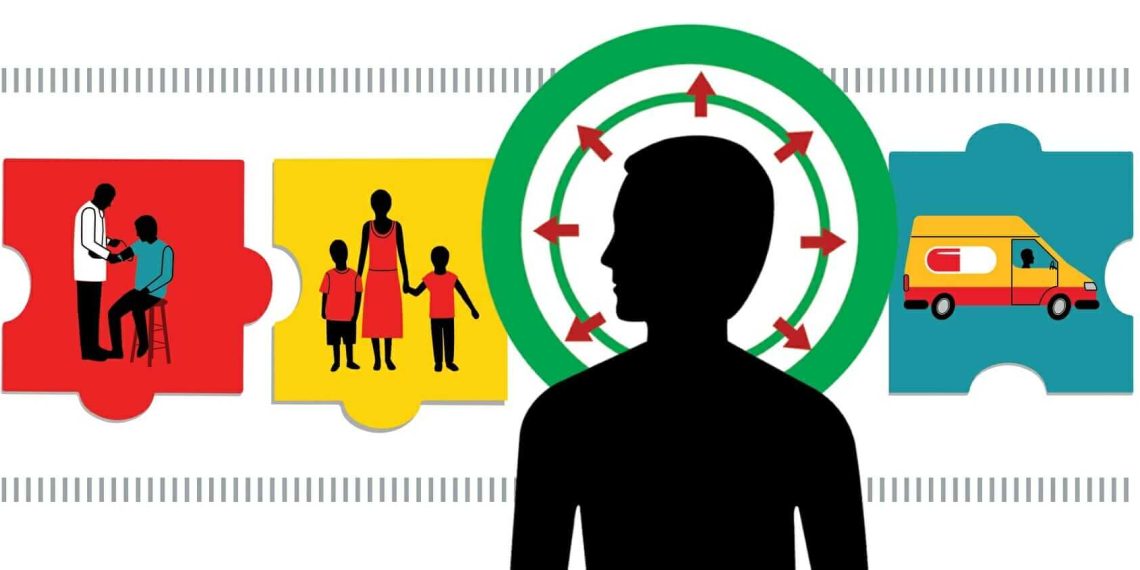The successful launch of a therapeutic drug requires the collaboration of multiple stakeholders. Pharmacovigilance (PV) is a vital mechanism to monitor and report adverse events (AEs) and improve the benefit-risk ratio of medicines post-launch. At the same time, patient support programs (PSPs) enable patients to self-manage their treatments more effectively.
Choosing the right patient support services provider to administer your patient assistance programs is critical.
Table of Contents
Reputation
Patients have access to more information than ever, enabling them to take a more active role in their health. Yet, this can also be overwhelming and confusing. A patient support services provider can improve outcomes by delivering personalized guidance on navigating healthcare services and supporting adherence to their prescribed therapies. Pharma companies need to ensure they’re meeting the demands of patients and HCPs. Research shows that these stakeholders value the ability of the pharma industry to help them better understand complex and often misunderstood health information, demonstrate an understanding of their lived patient experience, and provide a holistic view of the healthcare journey.
Experience
Selecting a patient services support partner is an important decision with significant implications throughout your product’s lifecycle. It impacts everything from delivering vital medical documents to patient-centric support systems that provide more personalized service and improved health outcomes. Choosing the right provider requires extensive due diligence. Some manufacturers handle their patient services support in-house, but this comes with significant costs and risks. It also means you must have the expertise to deliver a fully functional patient services support solution without any gaps. Alternatively, many companies use a hybrid approach that leverages hubs’ expertise for call center operations and platform management. This enables you to trade control for scale and operational expertise.
Flexibility
After the pandemic, pharma companies have realized the value of extending their hub programs to offer services previously seen as nice-to-have features. These capabilities should be a key product differentiator for next-generation therapies with a more complex care regime emphasizing quality of life and self-management. Historically, pharma has used large call-center-based patient support hubs to manage enrollment and provide information on accessing various disease state resources. These legacy hubs can be expensive to operate and require high staff turnover. Moreover, they do not support an efficient supply chain. Consequently, pharma has introduced regional hubs and consolidated logistics networks to improve efficiency. However, this only sometimes results in more flexibility in clinical supply chains.
Culture
The success of a pharma product depends on a solid patient support program. This includes connecting patients to their medications, helping them with reimbursement and insurance coverage, and providing physician education. Historically, many patient support services have been managed in-house by pharma companies. But with the growth of hub providers, which offer call center support, data aggregation and analytics, nursing and clinical education, and digital tools, more pharma manufacturers are outsourcing these services. Maintaining a culture focused on patients can take time and effort for large, entrenched pharmaceutical companies. Consumer polls consistently rank the healthcare industry as one of the least trusted (although vaccine hesitancy has brought this down slightly). However, biopharma can take steps to improve trust levels. The key is to be transparent about motives and choices while demonstrating empathy, fairness, and reliability.

